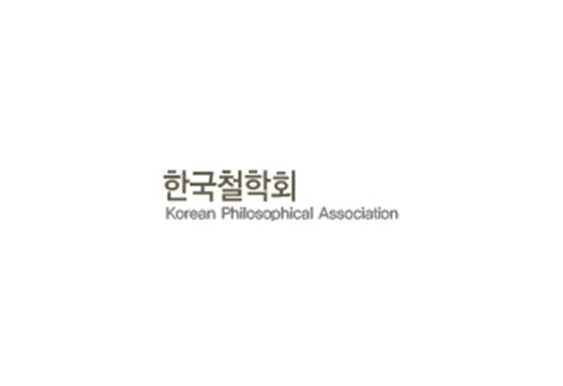Can Artificial Intelligence Be a Member of the Moral Community?
인공지능은 도덕 공동체의 일원이 될 수 있는가?
According to Kant, all rational beings are members of the moral community. If future artificial intelligence achieves or surpasses human-level intelligence, should it be considered a member of the moral community? The goal of this paper is to defend a negative answer to this question. To this end, it argues for three points. First, for AI to be a member of the moral community, moral norms must apply to it. This requires that AI possess the rational capacity to act in conformity with, or contrary to, moral norms. But AI lacks this rational capacity. Second, to include AI within the moral community, we must regard it as governed by moral norms. This requires the possibility of effective social sanctions to enforce these norms on AI. However, since AI lacks genuine self-interest, it is not possible to implement effective social sanctions that restrict or harm its self-interest, even if it acts against moral norms. Third, Sparrow proposes the so-called ‘Turing Triage Test’ to assess whether AI has the same moral status as human beings. But there are strong reasons to deny that AI would pass the Turing Triage Test.
칸트에 따르면, 모든 이성적 존재는 도덕 공동체의 구성원이다. 만약 미래의 인공지능이 인간 수준의 지능에 도달하거나 이를 초월한다면, 그 인공지능은 도덕 공동체의 구성원으로 간주되어야 하는가? 이 논문의 목적은 이 질문에 대해 부정적인 답변을 옹호하는 것이다. 이를 위해 세 가지 주장을 한다. 첫째, 인공지능이 도덕 공동체의 구성원이 되기 위해서는 도덕규범이 그것에 적용될 수 있어야 한다. 이는 인공지능이 도덕규범에 따라 행위하거나 또는 그에 반하는 행위를 할 수 있는 이성적 능력을 가져야 함을 의미한다. 그러나 인공지능은 이러한 이성적 능력을 결여한다. 둘째, 인공지능이 도덕 공동체에 포함되기 위해서는 도덕규범에 의해 규제될 수 있어야 한다. 이를 위해서는 도덕규범을 인공지능에 강제하기 위한 효과적인 사회적 제재가 가능해야 한다. 하지만 인공지능은 진정한 자기 이익을 결여하고 있기 때문에, 도덕규범에 반하는 행동을 하더라도 자기 이익을 제한하거나 해를 가하는 방식으로 사회적 제재를 할 수 없다. 셋째, 스패로우는 인공지능이 인간과 동일한 도덕적 지위를 가지는지를 평가하기 위해 이른바 ‘튜링 트리아지 테스트’를 제안한다. 그러나 인공지능이 튜링 트리아지 테스트를 통과하기 어려운 강력한 이유들이 존재한다.
한국철학회, 성균관대학교 이병덕

